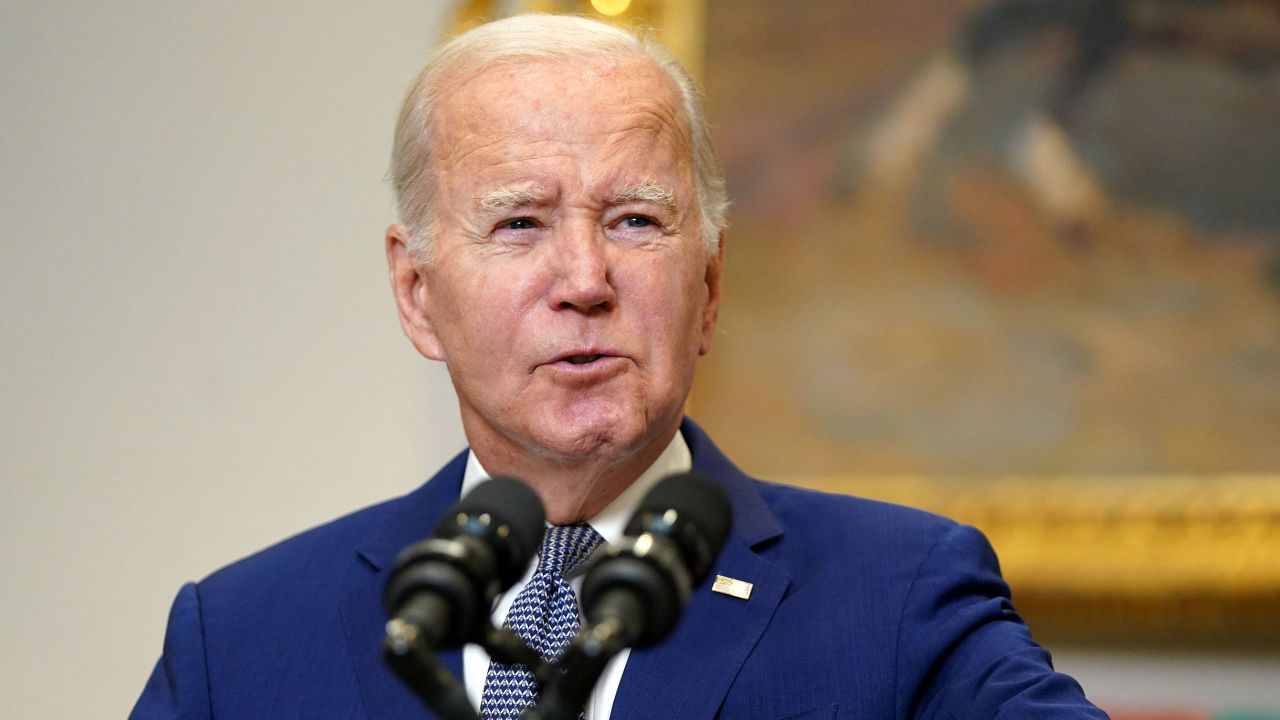In a landmark move toward stabilizing the Middle East, President Joe Biden announced a 60-day ceasefire agreement between Israel and Hezbollah, bringing an end to a conflict that has caused significant regional turmoil and heavy casualties. This agreement, brokered with the support of France, is set to take effect on Tuesday evening.
Key Elements of the Ceasefire Agreement
- Ceasefire Duration:
The truce will last for 60 days, offering a critical opportunity for humanitarian relief and diplomatic engagement in the region. - Hezbollah’s Withdrawal:
Under the agreement, Hezbollah will pull back its forces north of the Litani River, reducing its military presence along the Israeli border. - Lebanese Army Deployment:
To ensure the ceasefire holds, the Lebanese government will station 5,000 troops in the southern region, enhancing security and stability. - International Oversight:
A five-nation committee, led by the United States, will oversee compliance with the agreement’s terms, ensuring all parties adhere to their commitments.
Israeli Prime Minister Benjamin Netanyahu welcomed the agreement, emphasizing that Israel reserves the right to respond to any violations. He noted that the ceasefire provides Israel with an opportunity to regroup its forces and address other regional threats.
A Path Toward Peace
The conflict, which has lasted over 14 months, has displaced thousands of families and strained the region’s stability. President Biden expressed hope that the agreement would pave the way for sustained peace and a broader resolution to ongoing tensions in the Middle East.
“We stand at a critical juncture,” Biden said during the announcement. “This agreement is a step toward stability, peace, and a brighter future for the people of the region.”
Netanyahu echoed these sentiments, stating, “We’ve set them back decades. This ceasefire allows us to focus on rebuilding and securing Israel’s future while ensuring our readiness to respond to any aggression.”
International Support
The ceasefire has garnered widespread support from the international community. The G7 foreign ministers praised the deal, urging all parties to uphold the agreement’s terms and work toward long-term solutions. However, the situation remains delicate, with various geopolitical factors and international legal proceedings influencing the dynamics.
Implications for the Region
The ceasefire agreement is expected to ease tensions in the Middle East, impacting global markets and international diplomacy. Key sectors such as energy, defense, and precious metals are likely to experience immediate effects, with crude oil prices already showing signs of stabilization amid cooling tensions.
Looking Ahead
While the ceasefire marks a significant step forward, experts caution that its success hinges on robust enforcement and genuine cooperation between the involved parties. The coming weeks will test the durability of this agreement and its potential to evolve into a more permanent resolution.
